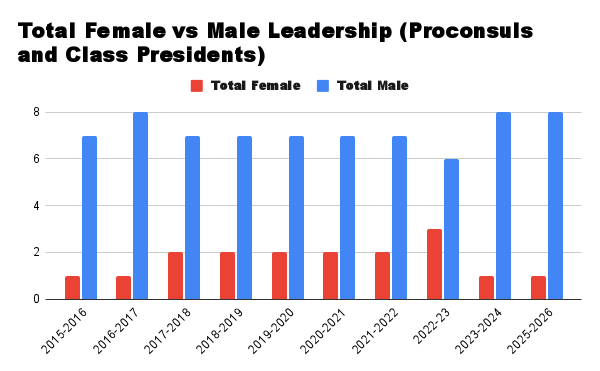Facebook Under Fire
Facebook is under fire. Over the past month, the company formerly known as Facebook, now Meta, has been undergoing increasing criticism over policies regarding disinformation, radicalization and data collection. Though these issues have been discussed at length in the past, due to new insight brought to light by former Facebook employee Francis Haugen, new congressional hearings were held last month. Since then, Haugen has testified in the British Parliament and the European Commission which poses significant consequences to Facebook’s continued success.
Haugen’s insight into the inner workings of Facebook has been integral in helping the wider public and their representative legislative bodies better understand the impact facebook is having on society, mental health, and disinformation. Firstly, regarding vaccine misinformation. Facebook has frequently assured its users that it regulates vaccine disinformation while simultaneously promising to remove existing disinformation. According to Francis Haugen however, Facebook’s promises amount to very little but lip service. Facebook has contributed to the spread of disinformation regarding the supposed effectiveness of vaccine “alternatives” such as the livestock dewormer Ivermectin. Haugen was asked during her congressional hearing by Senator Amy Klobuchar if she believed that Facebook contributed adequate resources towards the policing of vaccine disinformation. Haugen replied that Facebook’s efforts were only likely to result in the removal of about 10-20% of disinformation. She added that Facebook “as currently structured, has the capability to stop vaccine misinformation.”
In addition to disinformation, Facebook has also woefully neglected the mental health of the many minors in its platforms, especially those of young women and girls. Facebook’s official policy is that people under 13 years of age are not permitted on its platforms, but it still pursues young users. Haugen also noted that Facebook contributes far fewer resources to regulating non-English content, which results in Facebook acting as a catalyst for hatred and violence in non-English speaking communities such as in Ethiopia. Haugen explained that Facebook actively concealed all of this information from the public and that the company shied away from even “basic transparency”, especially if that transparency could damage its profit margins.
So what happens now? Haugen’s testimony has the potential to spark real and effective regulations for social media platforms. Haugen brings, and will hopefully continue to bring, a wealth of information to her heerings. However, the United States is far behind Europe and other nations in regulating social media companies and still has a long way to go. We can only hope that lawmakers will be able to create legislation that regulates the behemoth institution that is Facebook and the rest of its ilk.

Hi, I’m Jude and I’m the Senior Editor-at-Large for Iolani’s Imua publication. I’ve been at Imua since my Freshman year, meaning that I’ve been...











